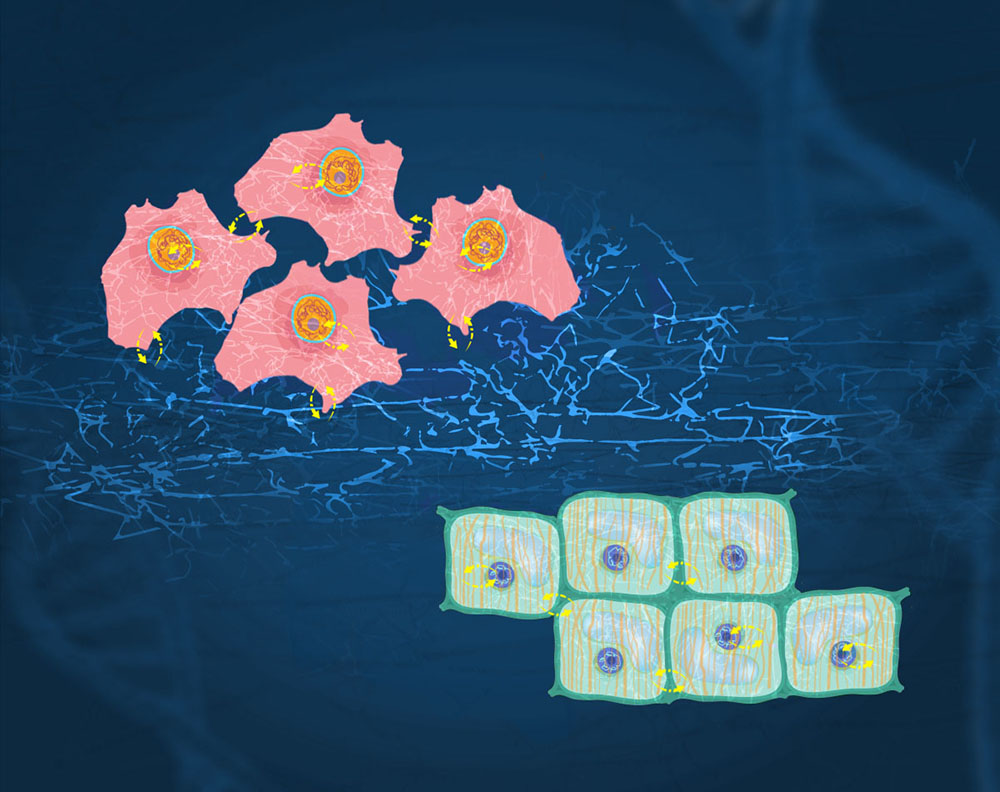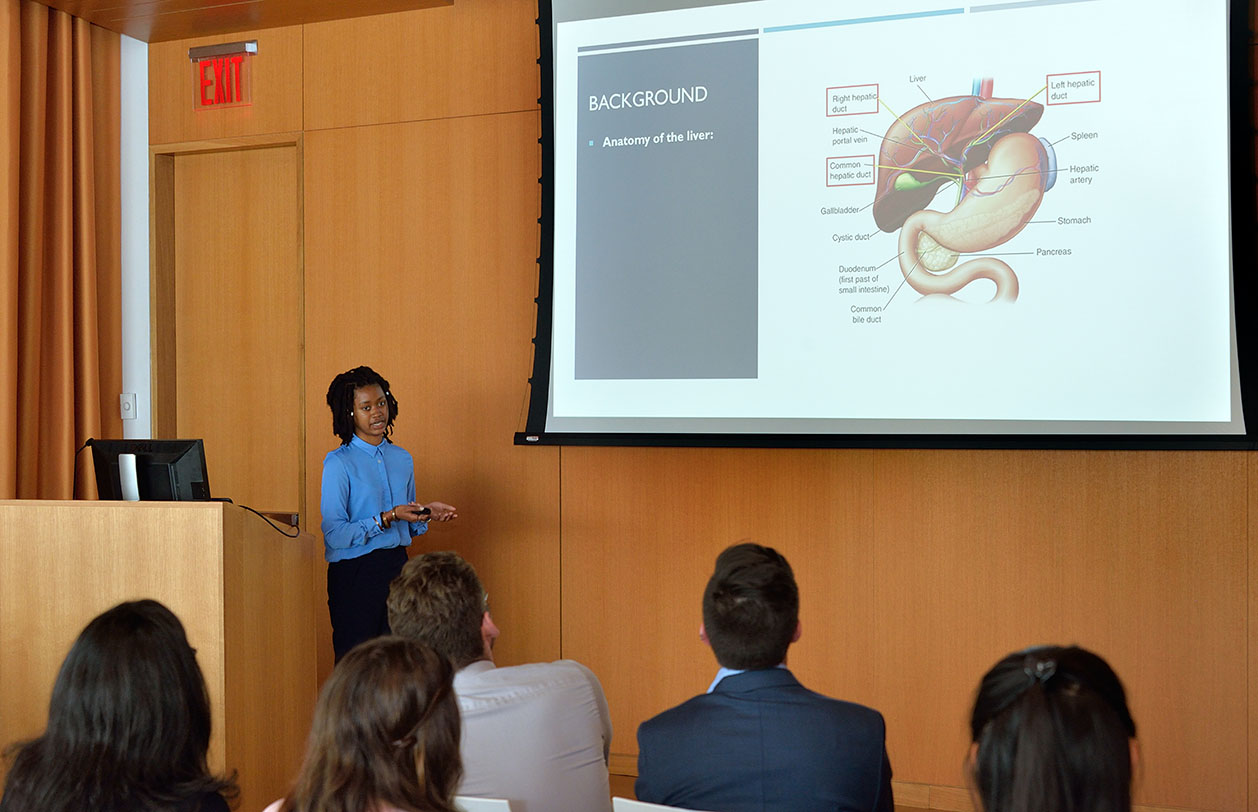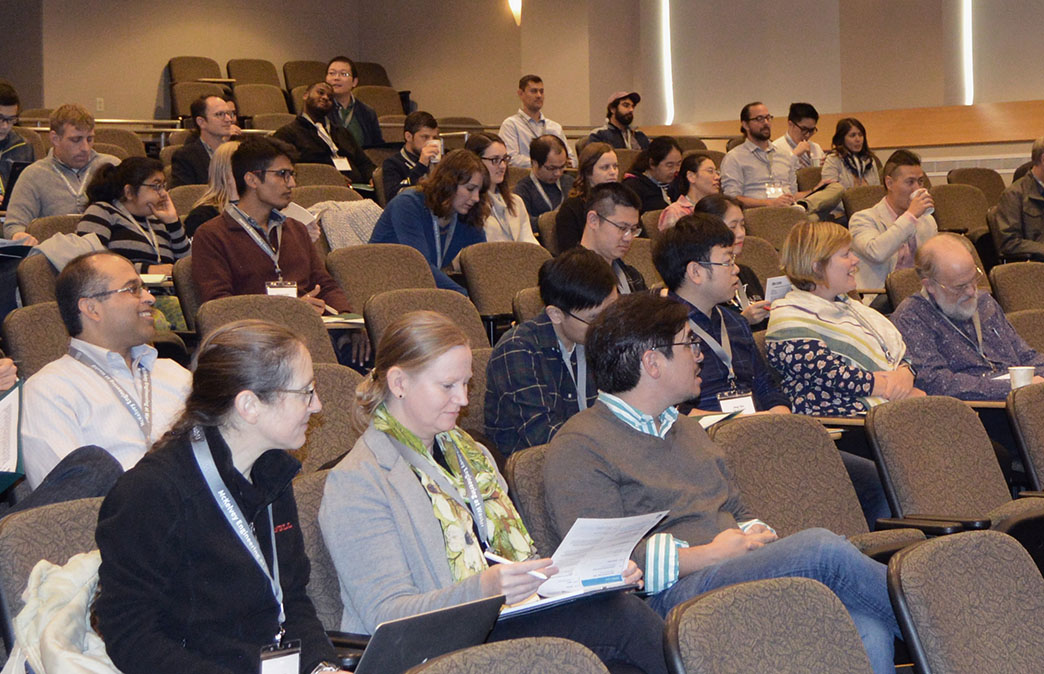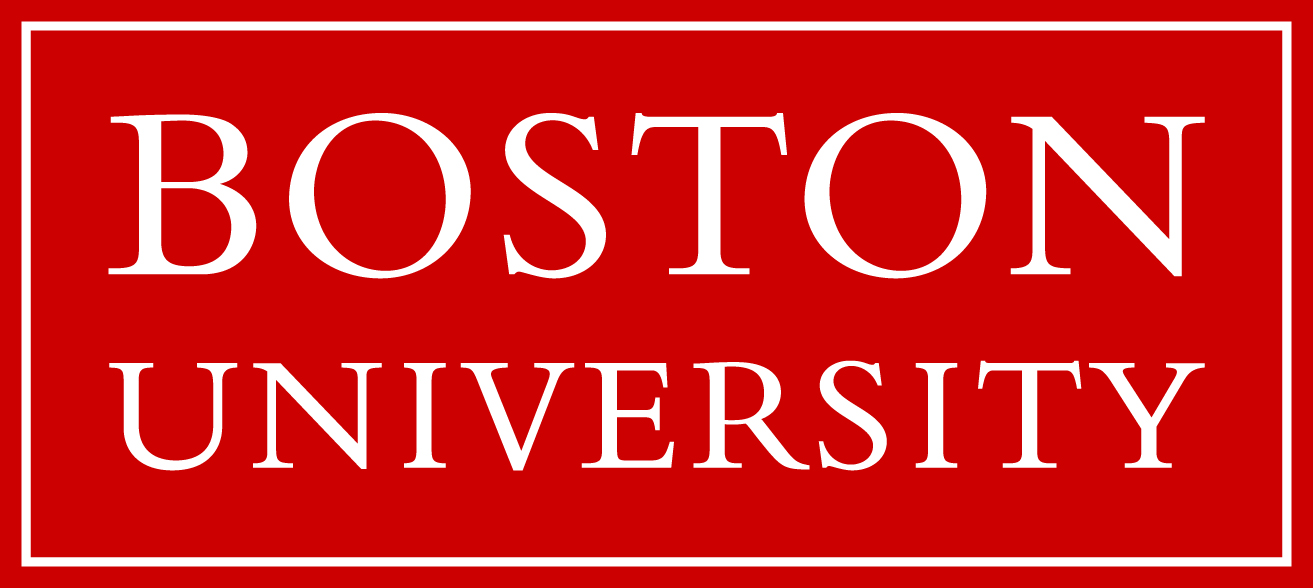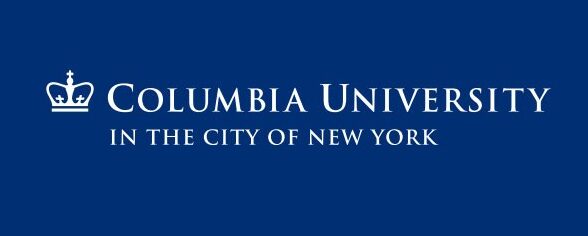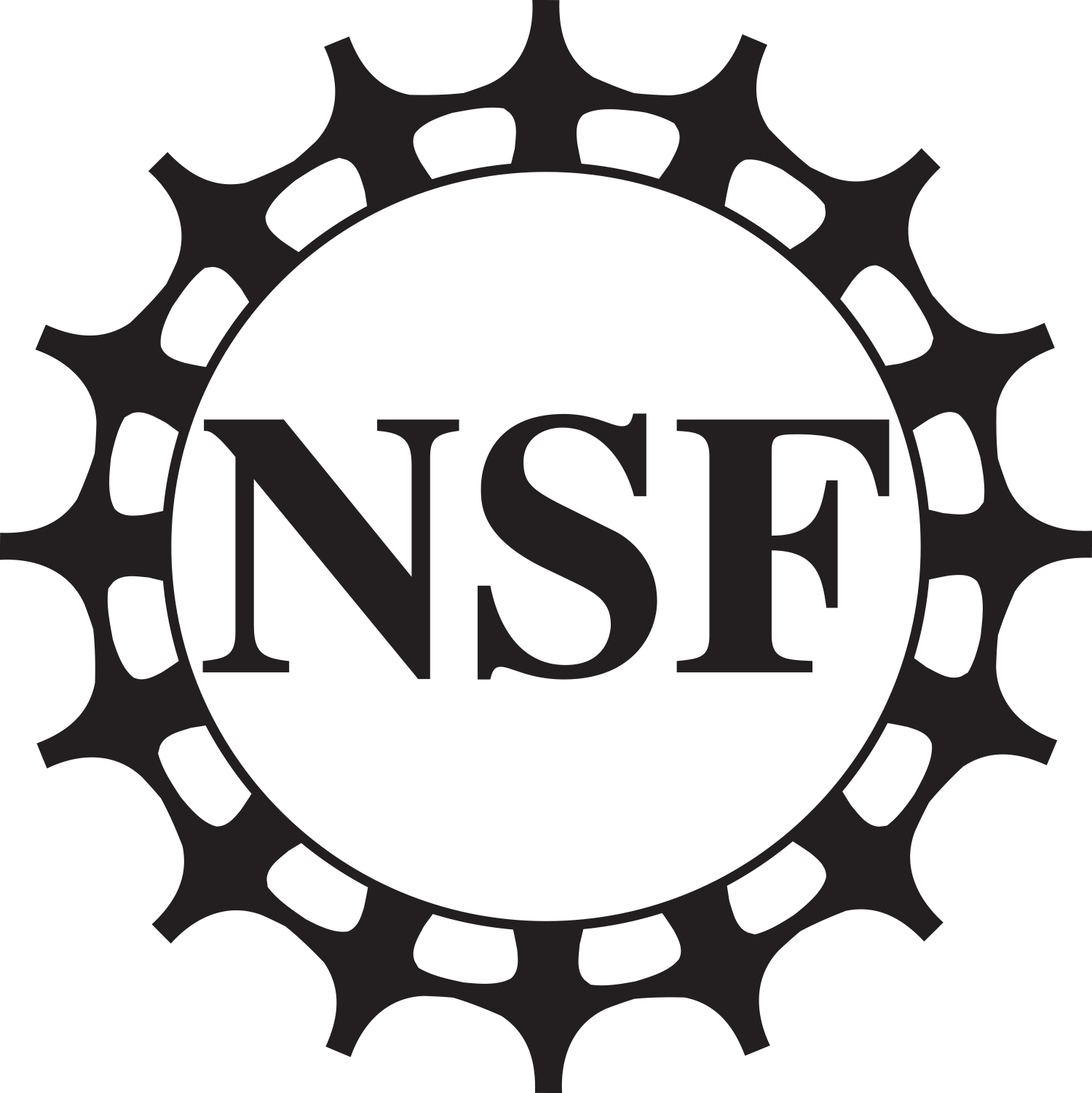CEMB Research Mission
Our focus on the interactions between structure, mechanics, and function in both the plant and animal kingdoms, will have a major impact on the ability to construct engineered tissues and organs, create new scaffolds for tissue repair and regeneration, integrate implants in reconstructive surgery, provide therapies for tissue inflammation and fibrosis, develop designer cellulose fibers, manage crops that are resistant to stresses and require fewer resources, and understand the positive and negative effects of exercise, activity, and trauma.
Engineering Mechano-Intelligence
Mechanical force is a critical principle of all biological systems. Mechanics drives morphogenesis, enables cells to adapt to physical demands, modulates the activity of molecules and molecular complexes, and leads to genetic mutations in plant and animal cells.
A new concept drives our research. Mechano-intelligence. It is the study of understanding and engineering the working memory of cells to enhance their function and environmental fitness. This concept is borne out of the exciting discovery by the Center for Engineering MechanoBiology of “nuclear mechanosensitivity” or “mechanical memory” at the nuclear or chromatin level in the cells. This mechanical responsiveness of chromatin can be exploited to regulate genome organization and gene expressions and to engineer epigenetic states to obtain desirable emergent behavior and maintenance or switching of phenotypes.
Mechano-intelligence goes beyond the prevailing notion that mechanical forces have no intrinsic specificity or that their effects are independent of the mechanical past of a cell. Gene expression and chromatin imprinting can in fact be due to mechanical history, which we term mechanical memory. Engineering mechanical memory enables the conditioning of plant and animal cells to respond to mechanical stimuli in predetermined, highly specific ways.

